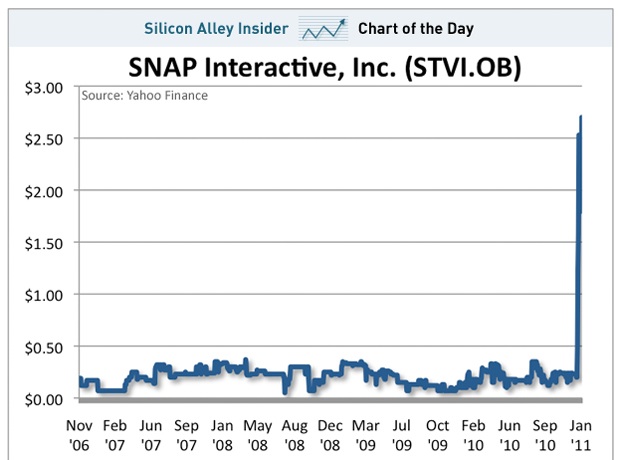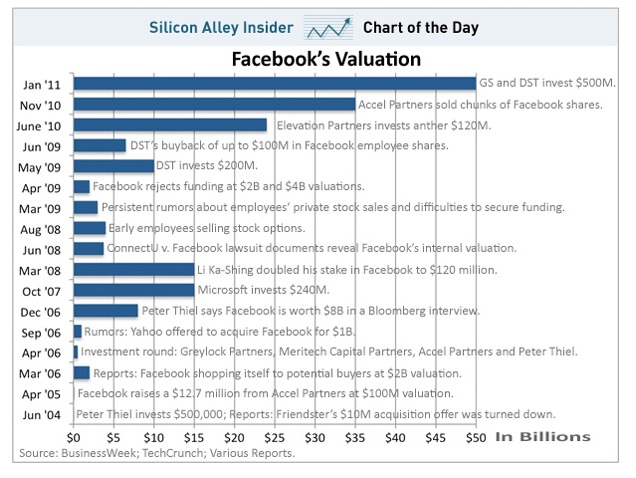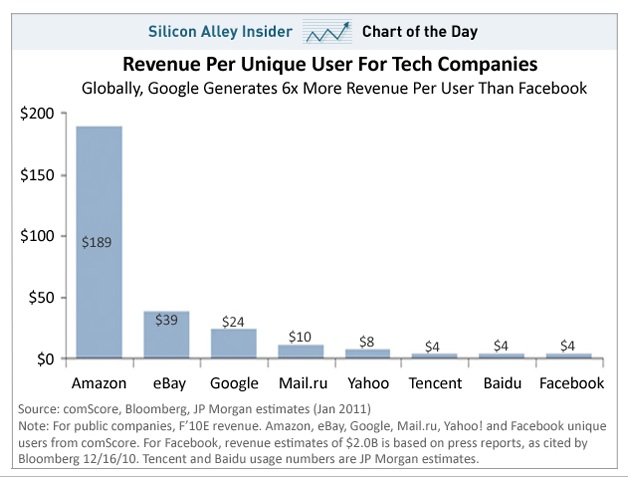The funeral of Tony Howard, the best and wisest political journalist of our time, is taking place today in London. I can’t be there but had been planning to attend his memorial service until I discovered that there won’t be one: he had explicitly insisted before he died that he should go unmemorialised. Which is not entirely surprising, because although he was outwardly the most plummy and ‘Establishment’ of figures, he was, deep down, the most unpompous of men who loved making mischief for the toffs of this world. One of my fondest memories is of being taken to lunch by him in a posh London restaurant in which he scandalised the toffee-nosed waiter by demanding tomato ketchup. A few moments later, with exaggerated and sarcastic elaboration, a small silver dish of ketchup was solemnly produced, and Tony delightedly slathered it all over his steak.
There was a nice item about him this morning on Radio 4’s Today which included an interview with my former Observer colleague, Robert Harris — once a political reporter, later a successful novelist. The interviewer mentioned the fact that in the days since Tony’s death a large number of established journalists had said that they owed their careers to Tony. Robert replied that he himself had also been one of that privileged band: Tony had lured him from BBC’s Panorama programme to become a political reporter on the Observer.
I was also one of the hacks who benefited greatly from Tony’s patronage. I first met him when I worked on the ‘Back End’ (i.e. literary section) of the New Statesman and he was Deputy Editor of the magazine. He provided me with one of my first glimpses of the British Establishment at work. I was in the office one morning in December when Roy Jenkins, then Deputy Leader of the Labour party and a former Home Secretary and Chancellor of the Exchequer, called in to hand in a book review that he had just written for the paper. (Pause for a moment to ponder this: can you imagine Harriet Harman — or George ‘Oik’ Osborne, come to that — being able to compose an elegant book review, and then trudge along to a newspaper office to hand it over in person?)
Just as Jenkins was leaving, Tony came up the stairs and (surprised) greeted him. My memory of the ensuing conversation runs like this:
Tony: “Oh, hello, Roy! I didn’t know you were coming in.”
Jenkins: “I just thought I’d drop in my piece.”
Tony: “We’re seeing one another tonight, aren’t we?”
Jenkins: (surprised) “Are we?”
Tony: “Yes. You’re coming to Victor’s birthday party, aren’t you?”
[Victor (V.S.) Pritchett was one of the New Statesman‘s most eminent contributors, and a well-known man of letters.]
Jenkins: “Oh, yes. I’m glad you reminded me.”
Tony: “Don’t you think it’s strange that Victor doesn’t have a K?”.
Jenkins: “Really? Doesn’t he?”
Tony: “No. It’s a disgrace.”
Jenkins: (Reflectively) “I’ll fix it.”
The two then parted amicably. Some time afterwards, V.S. Pritchett became Sir Victor Sawdon Pritchett, knighted for “services to literature”. He became a Companion of Honour in 1993.
After editing the New Statesman, Tony moved to become editor of The Listener, a great weekly BBC magazine (now, alas, no more). At the time, I used to write fiction reviews for the paper under the tutelage of its magnanimous Literary Editor, Derwent May. (When he asked me to do it, I protested that everything I knew about fiction could be written on the back of a postage stamp in 96-pt Helvetica Bold. “Don’t worry about that, dear boy”, said Derwent. “I know about literature, so I’ll just choose four books a month and all you have to do is review them”. So I did.) Then one day, Tony called Derwent into his office and said that my novel reviews were the only fiction reviews he (Tony) could understand. “Why don’t we get Naughton to review television?” he said. And so it was that, in 1982, I became a television critic.
Eventually Tony left the Listener and moved on to become Deputy Editor of the Observer. In 1987, he persuaded the Editor, Donald Trelford, to offer me the post of television critic, in succession to Julian Barnes, who had done a stint after Clive James left the paper. And thus it came about that for nine enjoyable years I had one of the most agreeable slots ever provided by a national newspaper — half of a broadsheet page to myself every Sunday, with no editorial interference beyond that provided by the in-house lawyer whose standard, weary, question to me on Friday nights was: “What I’m trying to decide is whether this (pointing to my column) is just vulgar abuse or grounds for legal action” My stock reply was that it was vulgar abuse. But none of this would ever have happened without Tony Howard’s generous patronage.
I found him a formidable and contradictory figure. He was fantastically knowledgeable and fanatically hardworking, so that one always felt uneasy about trespassing on his time. He read every word in every publication that he edited. He seemed to know everybody, but the people he mixed with always seemed to be more important than oneself — hence the temerity about trespassing on his time. He was terribly mean with his employer’s money, but very generous with his own. He was a good editor, who understood the First Law of editing, which is to be able to reject stuff without having to explain why. And he was a wise and experienced observer of political life. I’ll miss his plummy voice and his rapid-fire verbal delivery. And our political culture is poorer for his passing.






